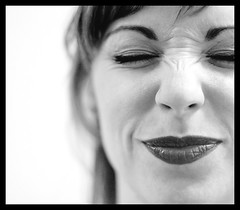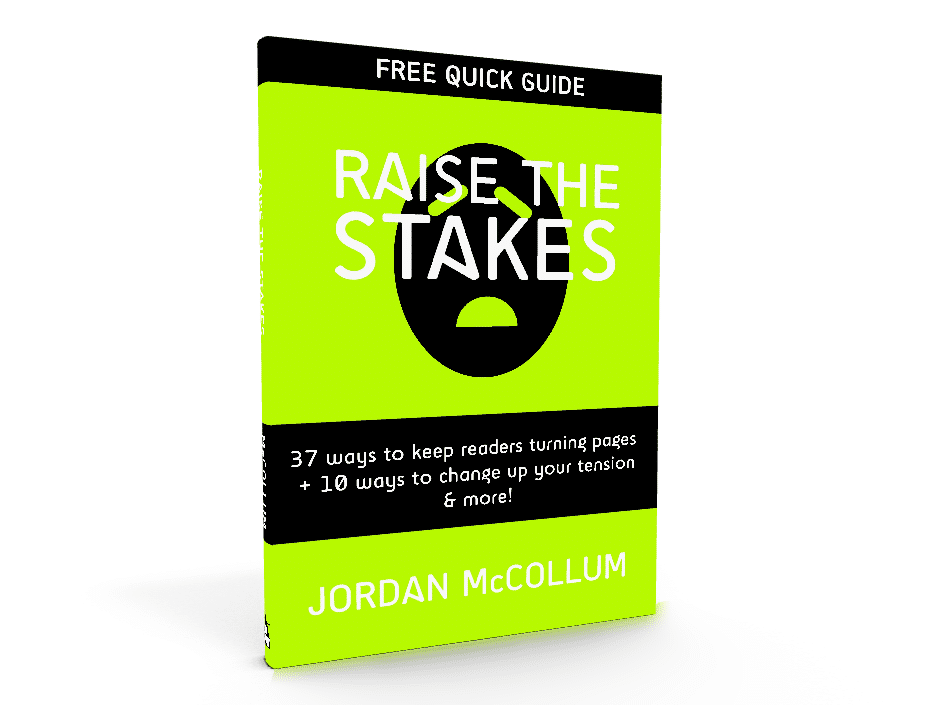So the last of the five basic senses is smell. We all know our sense of smell is intimately bound up with our sense of taste. Some scientists have found interaction between smell and sound (“smounds,” they call them. Really.). And they say that smell is the strongest memory or emotional trigger of all the senses—hence why it’s especially important to include in our writing.
- Track the scent to its source. No, you don’t have to hire a bloodhound, but the specificity of “fresh paint” or “old paper and dust” brings a more vivid scent-image to mind than “new building” or “musty.”
- Work on your smell palette. Just like with taste, we can try to expand our smellcabulary. (No?) Smell foods before you eat them, and analyze the scent for its constituent parts (especially handy if you made the food—then you know everything that went in). Go give your spice rack a spin and sample the smells. Try a blindfolded test.
- Kaye Dacus recommends this one:
Try this exercise. Close your eyes (well, after you finish reading this paragraph!). Imagine you are walking into your favorite restaurant. What does it smell like? Start breaking apart the smell into layers (yes, like an onion, Shrek). What are the component parts of the aroma—garlic, basil, tomato? Corn, cilantro, peppers? Feta cheese, oregano, lamb?
Note the clustering of threes as well.
- Kaye also recommends reading perfume descriptions to observe what “notes” and aromas the creators describe, so check out White Diamonds or Polo for Men on Perfume.com
- Make them active. Even a short smell description carries more power if it’s part of an active construction. Contrast this example from edittorrent:
The scent of fresh-brewed coffee permeated her nostrils.
vs.
The scent of fresh-brewed coffee teased her awake.Note that I also agree that smells shouldn’t be so active as to permeate, assault or do just about anything else to a character’s nose/nostrils/smelling apparatus.
Then again, maybe I’m not the person you should ask about this. I have a weak sense of smell in the first place, and this week I have a Sudafed-proof head cold. 😀
What do you think? How do you highlight smell in your work?
Photo by Deann Barrera




I think it was Futurama that had Smell-o-vision.
I think scent is the most evocative scent.
I tried to start my novel with an unpleasant scent but it turned people off. I think you have to be judicious in its usage 🙂
LOL, definitely. And you have to be careful—if someone started with the stench active, that’s one thing, but if someone spent a paragraph just talking about a stink, it’d have to be an amazingly good paragraph to keep people reading.
Television is so much better for depicting smell than writing, isn’t it? Some of the restaurant ads set my mouth to watering. 🙂 In the ms I’m currently revising the young man loves to cook and I have to close my eyes and think of the smells in his kitchen before I can write about them. I find smell and hearing are the most closely bound senses… hearing and smelling a sizzling steak, perking coffee, etc. Combining those senses works best for me.
Smounds!